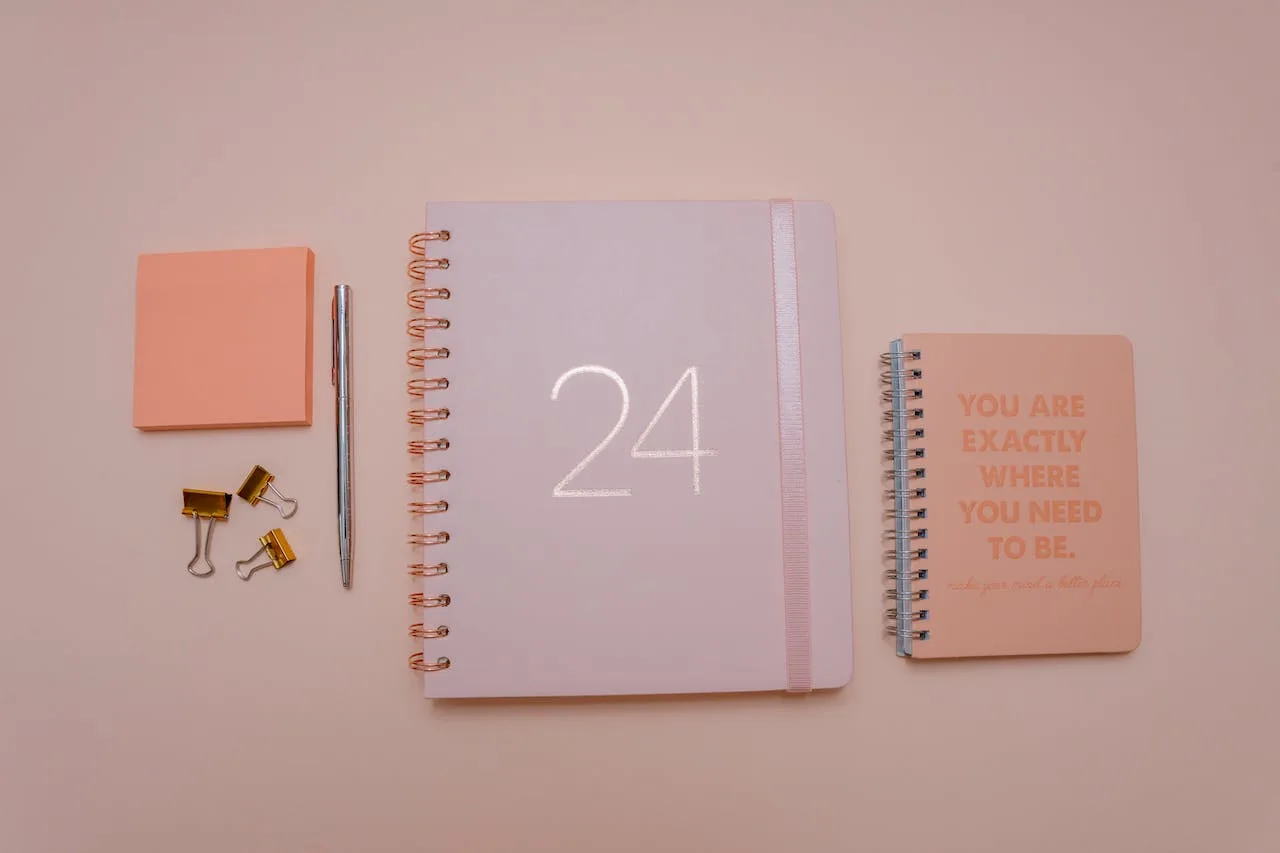The User’s Guide to Mindfulness, Meditation & Noticing
Mindfulness, an intentional focusing practice, can have many benefits, amongst them easing up feelings around struggle with anxiety. The psychophysiological exercise practice of intentional focusing activates the anterior cingulate cortex of the brain which is related to thinking and emotion, and this entire process, including such physiological activation appears to help us to deal much more effectively with anxiety.
Mindfulness, also referred to as purposeful focusing practice can also lower blood pressure, improves our sleep partly by a common and pleasant side effect of deep relaxation and undoubtedly lengthens your attention span, as mindfulness IS purposeful attentional focus!
However, practising mindfulness skills can be tricky, for instance by bringing us into contact with unpleasant thoughts and feelings that we may otherwise “push to the back of our minds”, seeking to avoid. Many people think they simply can’t meditate. People often believe that gurus who meditate every day have more willpower, less anxiety or a bottomless depth of tranquility.
These beliefs are often due to common misunderstandings: that mindfulness practice is intended to relax (quite the opposite, it is to allow feelings to simply come, and go, and come again), that meditation CLEARS the mind, in fact we usually notice our mental busyness even more. Intentional focusing is a skill that takes practice like anything else.
Guided vs silent Mindfulness practice
There are many types of mindfulness practice, two of the most popular types are guided and silent. Guided mindfulness involves a guide in person or nowadays often via an app, walking you through the practice of intentional focusing step by step. This can be helpful as it brings us back to the purposeful focus practice, as most of us are often hooked off by our minds in all kinds of directions.
Silent meditation practice however is often done completely solitarily, it is likely what you imagine when thinking of the Dalai Lama or Buddhists meditating. This requires great intention of practice and determination aided in all likelihood by historical and cultural reinforcement! Guided mindfulness practice is therefore often your best bet when beginning your own practice.
Brain dump
Often our minds are busy and full of thoughts. It is simply impossible to “empty the mind”. A practice some find helpful is “dumping” all your thoughts on a page – helping you feel like your mind has at least partially processed these thoughts, possibly allowing a little more mental space. If it’s written down you won’t forget it – it can be dealt with after you’ve finished your practice. A brain dump is an exercise where you write everything that’s running through your brain down, handwriting can often be most helpful. Everything that’s bothering you and needs dealing with, whatever pops up in five or ten minutes of writing. It’s a bit like writing a journal, but more flowing and less constrained. It doesn’t have to make sense, just write. Writing down your thoughts and feelings can give you space to experience mindfulness.
Following Thoughts
An ongoing challenge everyone has with mindfulness practice is maintaining focus and not being swept away in our rivers of thoughts that naturally, continuously flow. No one is really able to focus very easily, it’s normal for many thoughts to wander around in your mind and all of us have great trouble unhooking from them.
A helpful exercise (if you are good at visualizing) is the ACT classic leaves on a stream: Visualize a gently flowing stream with leaves on the surface of the water, and you place your thoughts onto the leaves and allow them to float on by. Let these thoughts come, and stay, and go – and come again. While most thoughts me come and go pretty quickly, sometimes, thoughts hang around for quite a while. Let your thoughts come and stay and go, in their own good time, as they please. The aim of the exercise is to learn how to step back and watch the flow of your thoughts, not to make them go away. It’s okay if the leaves hang around and pile up, or the river stops flowing; just keep watching. The skill we’re learning is how to observe the stream of our thoughts without getting pulled into it, how to watch them come and go without holding onto them. So if a positive or happy thought shows up and you go, ‘Oh, I’m not going to put that one on a leaf; I don’t want it to float away,’ then you’re not truly learning the skill of simply watching your thoughts.





